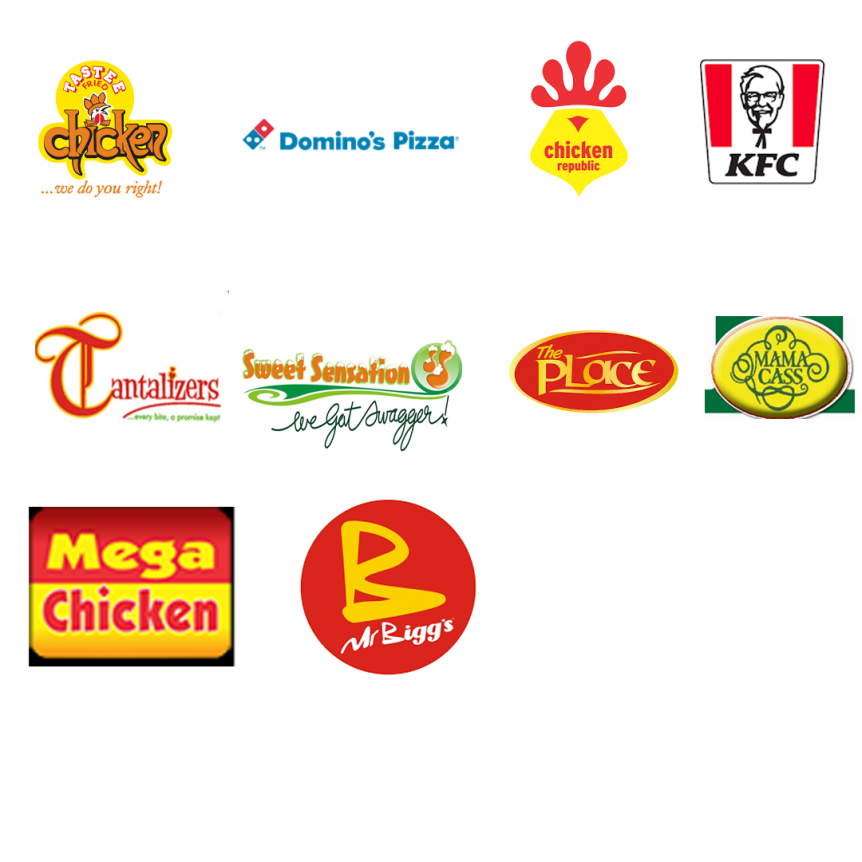Nigeria has some of the fastest-growing cities in the world. This means increased population, congestion, and long hours spent in traffic. To this most people opt for fast food and this is because people prioritize convenience. However, due to the current state of the economy in Nigeria, the demand for fast food is seemingly declining.
Food Inflation in Nigeria
In September 2022, food inflation in Nigeria was recorded at approximately 23.34 percent, and according to Nigeria Bureau of Statistics, food inflation rose to 24.82 percent in May from 24.61 percent in April 2023.
The significant increase in food prices in Nigeria as of now, is associated with the removal of fuel subsidies among many other factors. Citizens are faced with increased transportation fares, house rent, school fees, and high cost of eating a proper meal.

Research has shown that consumers’ purchasing power tends to decrease when the prices of essential goods, such as fuel, increase. This will have a significant impact on household budgets, leading to more being spent on buying goods. Higher fuel costs result in increased operating expenses for businesses, especially those that rely on transportation and delivery for various purposes.
Due to the fact that competition in the fast food industry is high, it will be challenging, for fast food producers to keep their prices competitive while maintaining the quality of their food. Overall, the prices of key ingredients like rice, flour, and tomatoes are on the rise, with the price of flour specifically increasing due to the Russia-Ukraine war.
Additionally, the rise in fuel costs has played a role in driving up food prices and this is leaving many Nigerians barely surviving. To this, businesses may have to either raise their prices to cover these higher costs or handle the expenses themselves, which could affect their profits.
Drivers of Food Consumption
Food inflation can affect the availability and accessibility of certain foods, thereby influencing dietary preferences and consumption patterns. From research study, it was seen that feeling full inside, nourishment, and satisfaction are the key drivers of food consumption in Nigeria. The popularly consumed food in Nigeria are bread, rice, eba, and beans. While Fruits are consumed mainly in-between meals.


The Impact of Food Inflation on Socioeconomy
In this current economy, social class categories play a significant role in determining how much people can spend and how they behave as consumers. Different social classes have varying levels of disposable income, which directly impacts their capacity to afford non-essential expenditures, like going out regularly for a proper sit-down meal at restaurants.
The higher social classes, usually have more money to spend. They are less affected by economic difficulties and can continue to spend money on things. However, they might be a bit more conscious of their spending during tough economic times.
On the other hand, people in the lower class have lower incomes and less money to spare. They are more likely to be affected by economic problems. They may have to reduce their spending, including eating out. Instead, they may prefer to cook meals at home, which is more cost-effective for them.
Consumers across social classes may be more inclined to prioritize essential expenses over discretionary spending, leading to a decline in preference for food consumption. Fast food restaurants face the challenge of attracting customers who are increasingly cost-conscious and looking for more affordable dining options.
Ultimately, the fast food industry operates in a highly competitive environment. Various fast food chains vie for market share, intensifying the competition. This competition can lead to challenges in maintaining both low prices and high-quality food, as companies strive to differentiate themselves and capture customers’ attention.
Fast Food Market in Nigeria
Webhaptic Intelligence Market Research Agency in Nigeria carries out market research for leading Nigerian Fast food producers. We help clients to find out the issues associated with Fast Food and its sector. The experience and gained knowledge by our experts and constantly developing research methods allow us to provide clients with relevant information that is vital to the business process.
We offer the following services: Nigerian Fast Food surveys, Nigerian satisfaction surveys, contact points between the customer and the brand, customer loyalty research, and Research on the quality of complaint processes.
To obtain a quote for Fast food market in Nigeria, send an email to info@webhaptic.com

